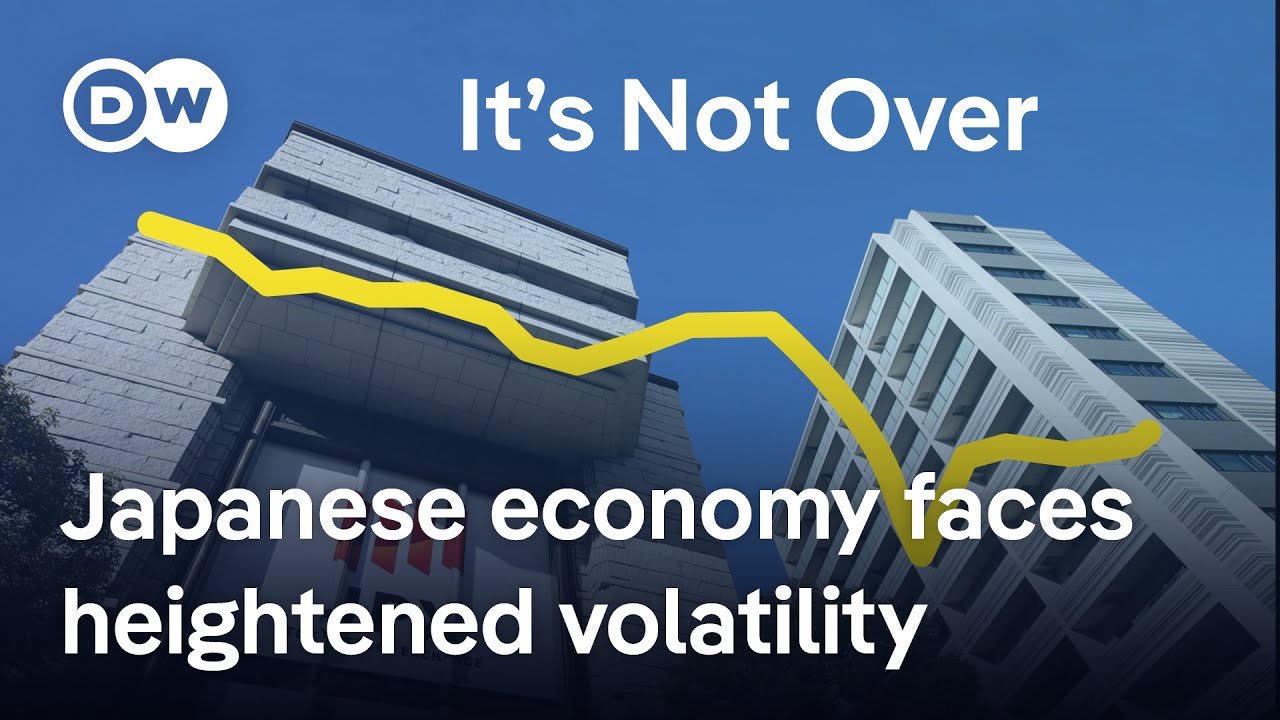In a recent analysis, the Tokyo Stock Exchange faced its largest one-day loss in history, plummeting by more than 12% on August 5th. This dramatic fall was attributed to a combination of factors, including negative employment data from the US and actions by the Bank of Japan. The Bank of Japan’s decision to hike rates just before this crash reduced the incentive for the carry trade, where investors borrow in yen at low cost to invest in higher-yielding assets elsewhere. This led to a massive appreciation of the yen and a sell-off in the stock market as investors moved to safer assets like Japanese government bonds. The situation underscores Japan’s significant impact on the global economy and suggests that volatility may persist, especially if the Bank of Japan raises rates again.
- The Tokyo Stock Exchange experienced its biggest one-day loss in history on August 5th, dropping by more than 12%.
- Negative US employment data and the potential for faster rate cuts by the Federal Reserve prompted a shift away from dollar investments back to the yen.
- The Bank of Japan’s rate hikes on July 31st led to an unwinding of carry trades, where investors borrow in yen to invest in higher-yielding assets, contributing to the yen’s appreciation and the stock market’s fall.
- Investors shifted towards Japanese government bonds and away from the stock market, leading to a collapse in stock prices and a decrease in bond yields.
- There is still at least 40 trillion yen in short positions that need to be unwound, indicating continued potential for volatility in global markets.
- Other currencies targeted by Japanese carry trade, such as the Australian dollar and Mexican peso, could face increased volatility as the Bank of Japan and other central banks adjust rates.
- The Bank of Japan held an emergency meeting after the market crash and announced it would not hike rates again unless warranted, aiming to manage the unwinding process more smoothly.
- The global impact of Japan’s monetary policy adjustments indicates a systemic issue, potentially affecting other economies and leading to increased market volatility.
DW News is a global news TV program broadcast by German public state-owned international broadcaster Deutsche Welle (DW).
AllSides Media Bias Rating: Center
https://www.allsides.com/news-source/deutsche-welle-media-bias
Official website: https://www.dw.com
Original video here.
This summary has been generated by AI.

Leave a Reply